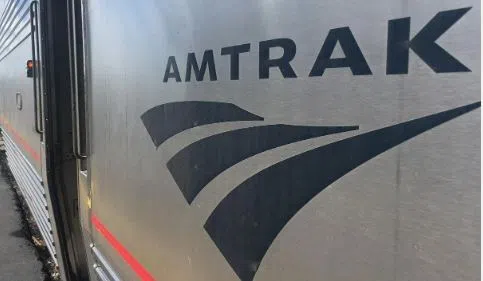
WASHINGTON (KFGO/WCCO) – The U.S. Department of Transportation is boosting funding for Amtrak’s popular new Borealis route between St. Paul and Chicago. $38 million is being allocated to ensure the route is funded for the next six years.
Since it launched last May, the Borealis ridership has surpassed expectations. It reached 100,000 riders in the first 22 weeks of service last year. On-going operating costs for the route are shared between Minnesota, Wisconsin, and Illinois.
The seven-and-a-half hour trip runs daily from St. Paul’s Union Depot, making stops in Red Wing, Winona, as well as multiple stops in Wisconsin before getting to Chicago.
The low-cost trip includes stops near several college towns and has proven to be extremely popular with tourists too.
Right now, a one-way ticket between St. Paul and Chicago costs $41. The trip takes slightly longer than it would take in a car depending on traffic.
“The number of rides in the first month clearly demonstrates the need for this route,” Nancy Daubenberger, Commissioner, Minnesota Department of Transportation said last year. “We are optimistic numbers will remain strong and the Borealis service will continue to provide a safe, sustainable and accessible transportation option.”
The Biden-Harris Administration announced several grants this past week including this one for the Borealis route. The grants will benefit communities in 41 states, will build railroad overpasses and underpasses, fund safety upgrades, and make improvements that they say will result in safer communities for pedestrians and motorists as well as rail workers and riders.
“This Administration is tackling the issues that Americans face every day, and over the years, we have engaged with residents, community leaders, and stakeholders across the country on the issue of grade crossing safety and blocked crossings,” said U.S. Transportation Secretary Pete Buttigieg. “The Railroad Crossing Elimination Grant Program funding we’re announcing today is a sweeping effort that directly supports cities, towns, and villages in every region of the country in their efforts to protect lives, prevent drivers being delayed by blocked crossings, and improve the overall quality of life for their citizens.”









Comments